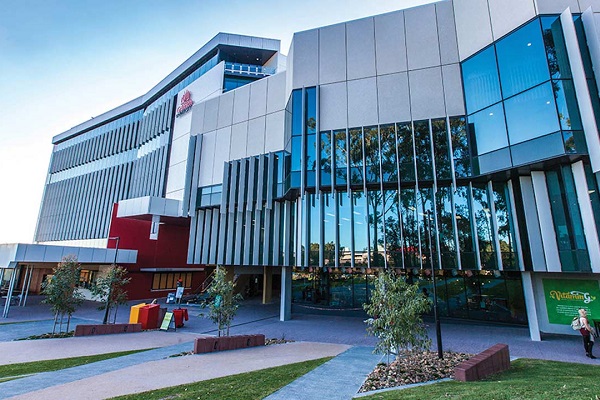Creative workshops can aid mental health recovery
Artistic mediums such as visual art, music, dance and creative writing may empower people recovering from mental health issues to share their stories and gain confidence and understanding of their illness.
A Griffith University study published in PLOS ONE, describes follow-up interviews with eight creative workshop participants recovering from mental health issues 12 months after the initial workshops.
The interviews explored experiences of sharing recovery stories and the most beneficial aspects of the two-hour workshops held fortnightly over three months. The workshops were facilitated by artists with the support of peer mentors.
Lead researcher and PhD candidate Victoria Stewart from the School of Human Services and Social Work said they wanted to find out whether the positive results from the workshops were maintained.
“A number of participants had continued with their arts, maintained friendships with each other, some had started studying and a few obtained paid work as lived experience speakers,’’ she said.
“Mental health treatment is provided within a biomedical framework, with many people telling their stories repeatedly to treating practitioners, focusing on negative aspects of their illness such as symptoms and difficulties. So, we used creative means to enable people to interpret and tell their stories in a different way, one which included painting, drawing, music, dance and creative writing.”
“These mediums provided a new language for participants to describe and understand both their illness and recovery. It also helped them share their stories with family, friends and treating professionals.”
The study found providing a range of artistic mediums was useful as some participants felt drawn to some activities rather than others. Most participants reported connecting with art activities, while music and dance were also popular.
“The workshops also provided important opportunities for group work allowing participants to discuss a range of interests and share creative ideas. This gave them more confidence in social situations,’’ Ms Stewart said.
“Our study showed that creative workshops contributed to an increase and change in the way participants shared their stories of mental illness and recovery through improved confidence and understanding about their illness.”

